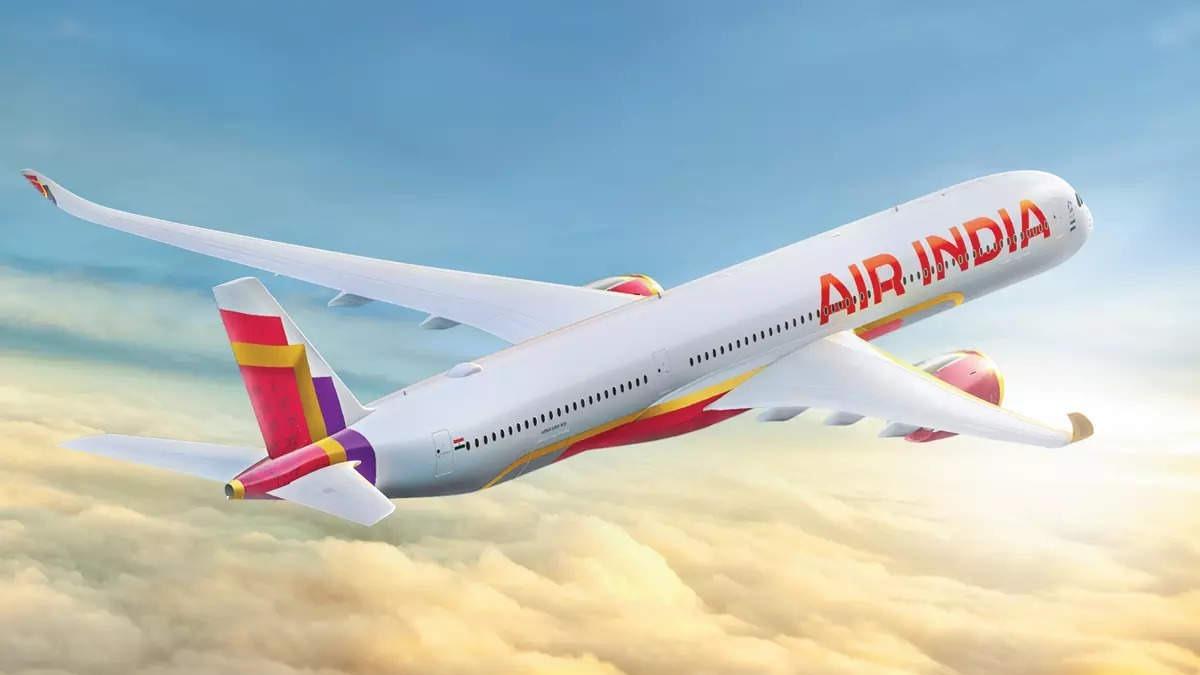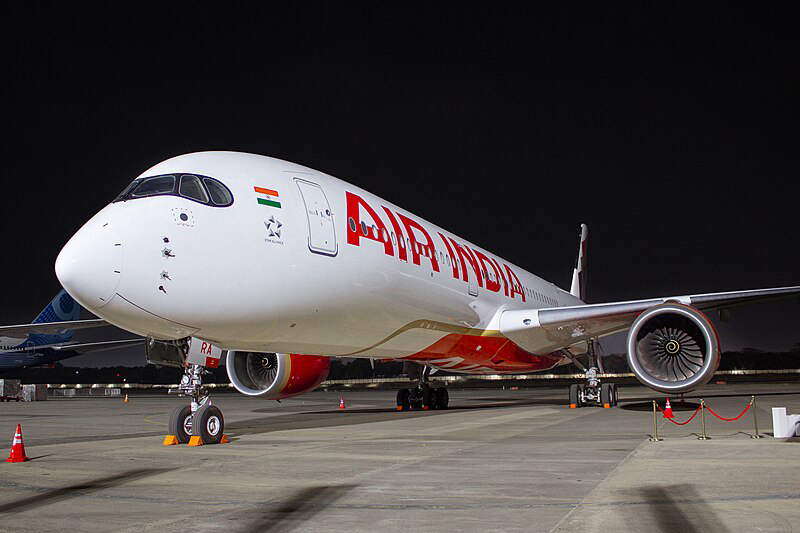The Tata Group company Air India is preparing to open a Flying Training Organization (FTO) in Amravati, Maharashtra, in a historic step that will fundamentally alter the aviation industry in India. This ground-breaking initiative is a major achievement for Air India and a game-changer for the whole Indian aviation sector. As the first airline-operated FTO in the country, Air India is addressing a significant gap in pilot training and positioning India to meet its escalating aviation demands head-on.

Credits: The Hindu
Bridging the Pilot Shortage Gap
The need for qualified pilots is more than ever, as Indian airlines prepare to grow their fleet numbers considerably. 220 of the 470 aircraft that Air India has placed substantial orders for are from Boeing, and the remaining 250 are from Airbus. In a similar spirit, IndiGo smashed records when it ordered 500 A320neo family aircraft, while Akasa Air, founded by the visionary Rakesh Jhunjhunwala, purchased 150 B737 Max aircraft.
It is appropriate and important that the FTO at Belora airport in Amravati begin operations in the first quarter of FY 2025–2026. The FTO will considerably reduce the pilot shortage by aiming to graduate 180 commercial pilots annually, guaranteeing that India’s growing fleets are staffed by highly qualified individuals.
World-Class Training Facilities
Spanning 10 acres, the Amravati FTO will boast a fleet of 31 single-engine aircraft and three twin-engine planes dedicated to training purposes. This state-of-the-art facility will also feature digitally enabled classrooms, comfortable hostels, a high-tech operations center, and an in-house maintenance facility. Such comprehensive infrastructure promises to deliver top-tier training, ensuring that Indian pilots are as skilled and knowledgeable as their global counterparts.
The Maharashtra Airport Development Company (MADC) has entrusted Air India with a 30-year tender to establish and operate this premier training institute. This long-term partnership reflects a robust commitment to cultivating a sustainable and self-reliant aviation training ecosystem in India.
Economic and Employment Upliftment
The economic implications of this initiative are profound. Campbell Wilson, MD and CEO of Air India, underscores the FTO’s role in making Indian aviation self-sufficient. By providing high-quality pilot training domestically, India reduces its dependency on foreign institutions, paving the way for more Indian youth to pursue aviation careers.
The director of Air India’s Aviation Academy, Sunil Bhaskaran, has faith in the FTO’s top-notch curriculum, which is created to both meet and surpass global standards. This guarantees that graduates are prepared to compete on a worldwide scale in addition to being skilled at using the newest aviation technologies.
Vice Chairman and Managing Director of MADC Swati Pandey believes Maharashtra will benefit economically greatly from the FTO. In addition to other related employment prospects, the aviation sector is estimated to create over 3,000 jobs, which will boost the state’s GDP by over Rs 1,000 crore over the next ten years. A new generation of Maharashtra students will be motivated by this program, which will ignite their love of aviation and instill a feeling of pride in their state.
Elevating India’s Aviation Infrastructure
An innovative move towards bolstering India’s aviation infrastructure is the creation of Air India’s FTO. It fits in perfectly with the government’s grand plan to make India a hub for international aviation. India can improve its standing in the worldwide aviation sector by drawing in experts and students from abroad with its top-notch training facilities.
Furthermore, the FTO will be essential in raising industry safety standards. The program will guarantee that safety procedures and practices are strictly adhered to, ensuring the highest levels of operational safety, by generating a consistent flow of skilled pilots.
Conclusion
More than merely a physical expansion, Air India’s founding of the Flying Training Organization at Amravati is a revolutionary move toward a more promising and independent future for Indian aviation. This project is expected to have a big and long-lasting effect since it offers state-of-the-art facilities, a top-notch curriculum, and major financial advantages. It aims to expand employment opportunities for young Indians, strengthen the nation’s economy, and establish India as a pioneer in international aviation education. The sky is only the beginning; it is no longer the limit.

